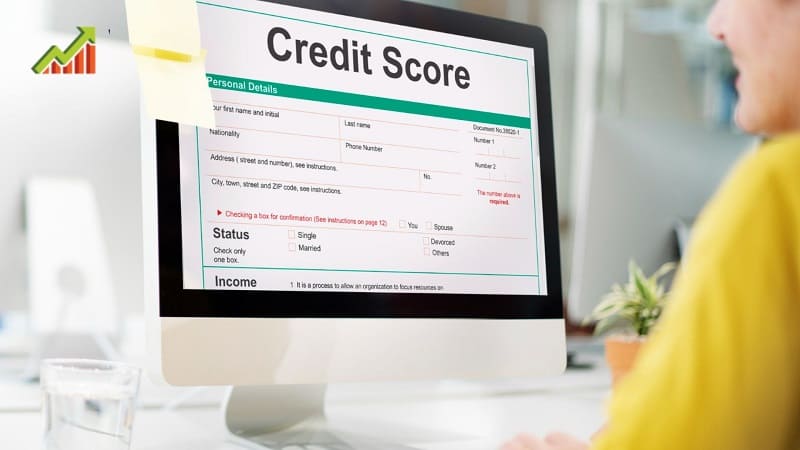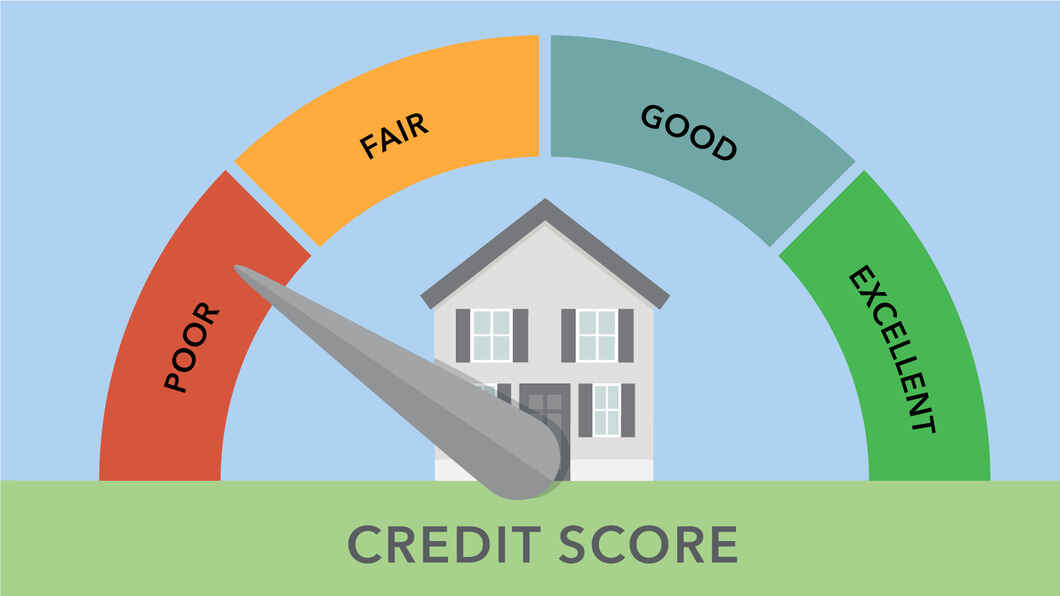Introduction
In the dynamic landscape of finance, a crucial element that can significantly impact one’s creditworthiness is the credit information report maintained by credit bureaus. Among these, the Credit Information Bureau (India) Limited, or CIBIL, is one of the most prominent agencies that play a pivotal role in determining an individual’s credit score. However, a perplexing situation arises when your education loan, a significant financial commitment, fails to reflect in your CIBIL report. In this article “Education Loan not Reflecting in Cibil”, we delve into the reasons behind this anomaly and explore possible solutions.
Understanding the Importance of a CIBIL Report:
Before delving into the intricacies of why your education loan might not be reflecting in your CIBIL report, let’s first understand the importance of a CIBIL report in the realm of financial transactions. A CIBIL report essentially serves as a comprehensive record of an individual’s credit history, including details about loans, credit cards, and other credit-related activities. Lenders often rely on this report to assess the creditworthiness of an individual before approving or denying a loan or credit card application.
The Significance of Education Loans in Credit Reports:
Education loans, being a common form of financial aid for pursuing higher studies, contribute significantly to an individual’s financial profile. These loans are expected to be duly reflected in the CIBIL report, providing a holistic view of the borrower’s financial responsibility and repayment behavior.
Common Reasons Why Education Loans May Not Reflect in CIBIL:
Data Processing Delays: One of the primary reasons for the non-reflection of an education loan in the CIBIL report could be delays in data processing. Lenders and financial institutions might take some time to update the information with credit bureaus, leading to a temporary absence of the education loan in your report.
Reporting Errors: Human errors are inevitable, and they can occur during the data reporting process. It’s possible that there might be inaccuracies or omissions in the information provided by the lender, leading to the exclusion of the education loan from your CIBIL report.
Mismatched Personal Information: Discrepancies in personal information, such as name, address, or other identifying details, between the lender’s records and those maintained by credit bureaus can result in the education loan not being linked to your credit report.
Non-Reporting Lenders: Not all lenders report data to credit bureaus regularly. Some financial institutions may not have a practice of reporting education loan information to credit bureaus, causing it to be absent from your credit report.
Technical Glitches: In the age of digital transactions, technical glitches can sometimes disrupt the seamless flow of information. System errors or glitches in the credit reporting process may lead to the non-inclusion of your education loan in your CIBIL report.
Addressing the Issue:
Regularly Check Your CIBIL Report: To stay informed about your credit status, it’s essential to regularly check your CIBIL report. Periodic reviews can help you identify any discrepancies or missing information related to your education loan.
Contact the Lender: If you notice that your education loan is not reflecting in your CIBIL report, it is advisable to contact your lender promptly. Seek clarification on whether they regularly report data to credit bureaus and inquire about any potential delays in the reporting process.
Correct Personal Information: Ensure that all your personal information with the lender is accurate and matches the details maintained by credit bureaus. Any discrepancies should be corrected promptly to facilitate the accurate reporting of your education loan.
Dispute Reporting Errors: In case of reporting errors, you have the right to dispute the inaccuracies with both the lender and the credit bureau. Provide supporting documents and evidence to rectify any discrepancies in your credit report.
Be Patient: Data processing can take time, and delays are not uncommon. If you have recently acquired an education loan, allow for a reasonable period for the information to be updated in your CIBIL report.
Conclusion:
In conclusion, the non-reflection of your education loan in your CIBIL report can be attributed to various factors, including data processing delays, reporting errors, mismatched personal information, non-reporting lenders, and technical glitches. It is crucial to address this issue promptly to ensure that your credit report accurately represents your financial history. Regular monitoring, communication with your lender, and proactive dispute resolution can go a long way in rectifying this anomaly and maintaining a healthy credit profile.
Remember, a transparent and accurate credit report is not just a reflection of your financial history; it is a key determinant of your creditworthiness in the eyes of potential lenders.
Faq Related to "Education Loan not Reflecting in Cibil"
Several factors could contribute to this discrepancy, including data processing delays, reporting errors, mismatched personal information, non-reporting lenders, and technical glitches. It’s essential to investigate each possibility to understand the specific reason in your case.
Regularly monitoring your CIBIL report is advisable, ideally on an annual basis or before applying for any significant credit. This helps you stay informed about any potential issues and allows you to address them promptly.
Contact your lender immediately to inquire about their reporting practices. If the information is inaccurate, dispute the errors with both the lender and the credit bureau. Provide supporting documents and evidence to facilitate a quicker resolution.
The reporting timeline can vary among lenders, and occasional delays are not uncommon. It is advisable to be patient and allow for a reasonable period after loan approval for the information to be updated in your CIBIL report.
Yes, you can. Communicate with your lender and explicitly inquire about their data reporting practices to credit bureaus. If they don’t have this practice, request that they do so to ensure your credit report accurately reflects your financial history.
Generally, there may be no charges for disputing errors in your credit report. Credit bureaus often provide a dispute resolution process as part of their service. However, it’s essential to check the specific policies of the credit bureau you are dealing with.
Disputing errors should not negatively impact your credit score. In fact, resolving inaccuracies in your credit report can contribute to a more accurate representation of your creditworthiness, potentially benefiting your score.
In such cases, recheck your personal information with both the lender and credit bureau. Ensure there are no discrepancies, and if the issue persists, consider escalating the matter to higher authorities within the lender or filing a complaint with the credit bureau.
No, individuals cannot directly add information to their credit reports. Credit bureaus rely on data provided by lenders and financial institutions. If your education loan is not reflecting, you need to work with your lender to ensure accurate and timely reporting.
The timeline for corrections to reflect in your CIBIL report can vary. It’s advisable to follow up with both the lender and credit bureau after the dispute resolution to ensure the necessary updates are made promptly.














